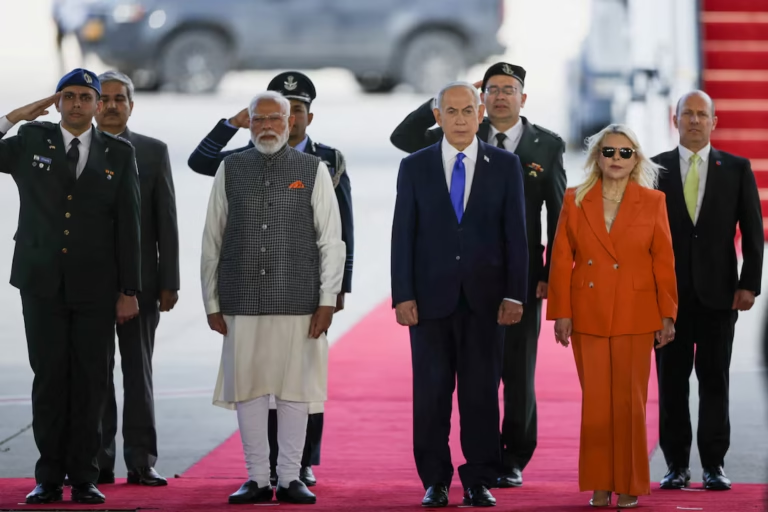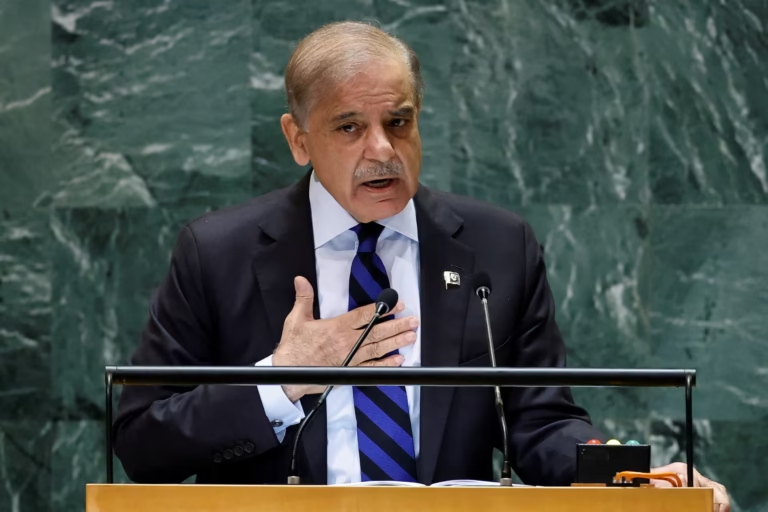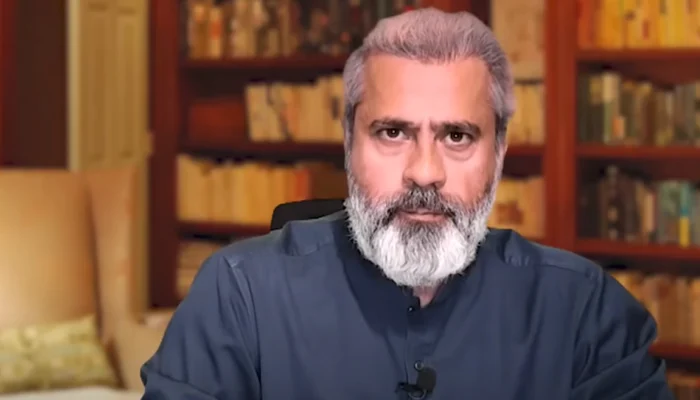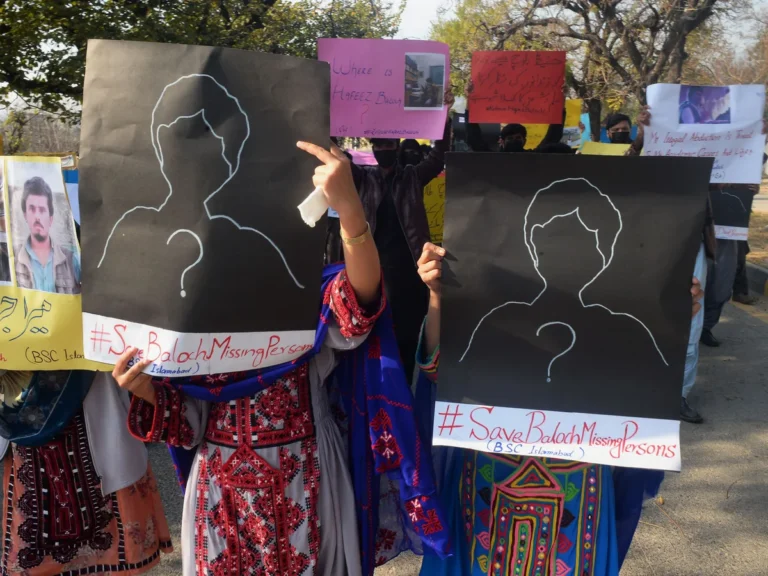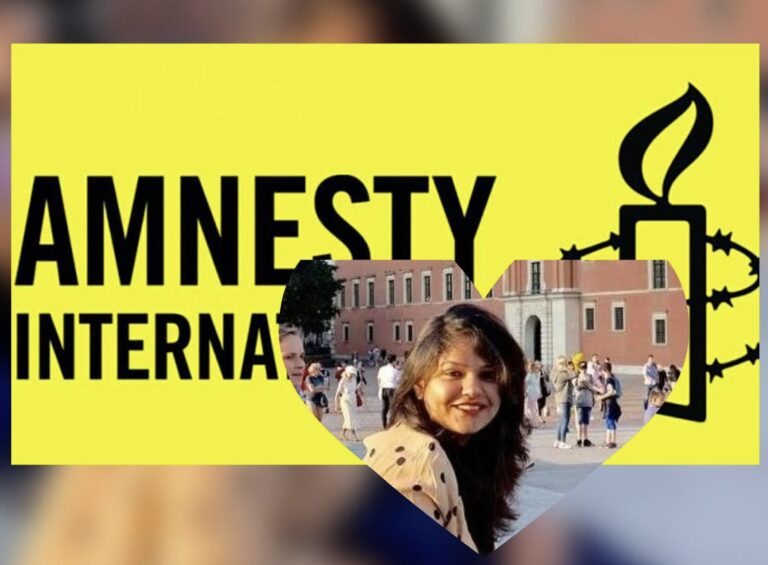Southern States Face Marginalization in India
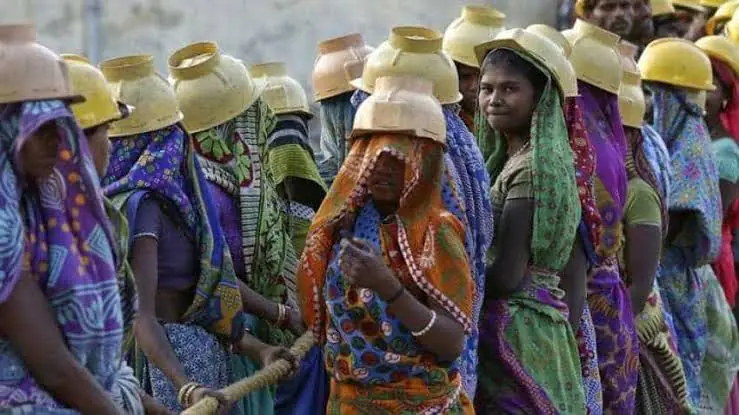
India, often celebrated for its unity in diversity, is witnessing a growing discontent from its Southern states—Tamil Nadu, Kerala, Karnataka, Andhra Pradesh, and Telangana. These states, rich in culture, economic strength, and educational excellence, find themselves increasingly alienated within the political and fiscal frameworks of the Indian Union. Despite being among the most developed and progressive regions in the country, the South is now raising its voice against what is seen as deliberate neglect, fiscal injustice, and political marginalization by the Central government—sparking rising calls for greater autonomy, and in some quarters, outright separation.
The roots of this discontent stem largely from a perceived imbalance in the federal structure. Southern states contribute a disproportionately large share of India’s tax revenues—Tamil Nadu and Karnataka, for instance, are among the top contributors to the national exchequer. Yet, when it comes to the redistribution of these funds, the same states receive far less in return. Instead, larger shares of financial support are directed toward Northern states, many of which lag behind in development, population control, and governance. This fiscal disparity has caused a deep sense of injustice. The refrain “South pays more, gets less, yet Delhi calls the shots” captures the simmering frustration vividly.
Political representation compounds the issue. The reallocation of parliamentary seats based on population growth has led to a steady erosion of the South’s political influence. Ironically, the Southern states, having successfully implemented population control measures, are now penalized with reduced representation, while Northern states—where such policies have seen limited success—are rewarded with more seats. This distortion has marginalized Southern voices in the national decision-making process, deepening a sense of exclusion and democratic imbalance.
This alienation is not simply a political or economic issue—it extends into the realm of identity. Many in the South view the increasing imposition of Hindi and the central government’s promotion of a homogenized cultural and religious identity as an assault on their linguistic and cultural distinctiveness. The North-centric narrative of Indian nationalism often sidelines Dravidian languages, cultural practices, and even historical contributions. The South, proud of its ancient languages, temples, philosophies, and traditions, refuses to be subsumed under a single cultural template. The resistance to Hindi imposition—voiced through slogans such as “Our tongues are not your tools”—represents a broader rejection of cultural assimilation and erasure.
Cultural dominance breeds resistance. The South sees its pluralistic and inclusive heritage under threat. Where the South has historically been a bastion of religious harmony and secularism, ideological interventions from the North—often tied to the rise of Hindutva—have begun to stir unrest. The dichotomy is stark: while the South’s temples and mosques have long coexisted, the political agenda of religious polarization imported from the North seeks to fracture this harmony. As communal fault lines are pushed by external forces, Southern societies are pushing back—not only in protest, but also in reevaluating their place within the Indian federation.
Indeed, the Southern states’ excellence—in education, healthcare, economic development, and governance—has become both a point of pride and a source of grievance. These achievements are often overlooked or minimized by a central government that appears more invested in catering to its political base in the North. Delhi’s bias, whether in infrastructure development, resource allocation, or administrative appointments, is viewed with increasing suspicion. This growing disconnect has given rise to calls not only for federal reforms and more autonomy but, more audibly than before, for self-determination.
Political movements, intellectual discourse, and public sentiment in the South are increasingly invoking the right to decide their own future. Secessionist whispers—once confined to the fringes—are now entering mainstream conversations, particularly among the youth and intelligentsia. While not all support outright separation, the idea of a federal structure with genuine autonomy is gaining traction. The calls for freedom are not born of rebellion but of neglect; they are not driven by hatred but by decades of being unheard.
For India to truly honor its democratic and pluralistic ideals, the grievances of the South must be addressed—not dismissed. Unity cannot be sustained through dominance or denial. It demands fairness, respect, and equitable power-sharing. The Southern states are not demanding favoritism, only fairness. They are not rejecting India, but resisting a version of it that refuses to acknowledge their worth.

